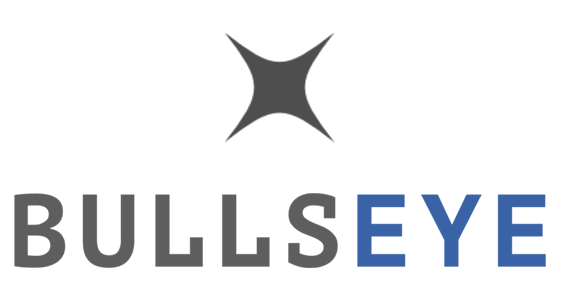Study In Switzerland

Switzerland is convinced of the long-term strategic importance of education and regards it as essential for political stability, increase in wealth, and innovation. As a country whose main resources are knowledge and research, Switzerland acknowledges the vital role played by foreign citizens in the drive for innovation, research and business acumen. And as Switzerland is internationally recognised as a centre of excellence for education, its attraction for studying and research is well-established. The high proportion of foreign university students (27.6%), Ph.D. students (50.2%), teaching and administrative staff (44.5%) attests to this.
Domestic policy places a high value on higher education, and Swiss universities are, as a consequence, generously funded public institutions. Switzerland’s investment in education and research is among the highest of all OECD countries. As a result, Switzerland boasts both the highest number of registered patents in all European countries and one of the highest numbers of Nobel Prizes pro capite in the world.
All Swiss universities offer their courses in accordance with the Bologna system: undergraduate studies culminate in a Bachelor’s degree, which can be further advanced with a Master’s degree, in compliance with international agreements. A total of 135,000 students attend Switzerland’s world-class Bachelor’s, Master’s and Ph.D. programmes, which are based on cutting-edge research and cover a variety of areas.
Cost of Living
The cost of life in Switzerland is similar to that of big European cities. In most areas of Switzerland, cost of life is cheaper than Paris or London, although some items, such as food, are on average more expensive than elsewhere in Europe. For an estimate, depending on the exact location of the stay and on the entity of personal demands, living in Switzerland entails a monthly expense comprised between CHF 1,500.- and 2,500.- (this budget calculation for students considers housing, health insurance, food, daily transportation, small daily expenses, and educational material).

